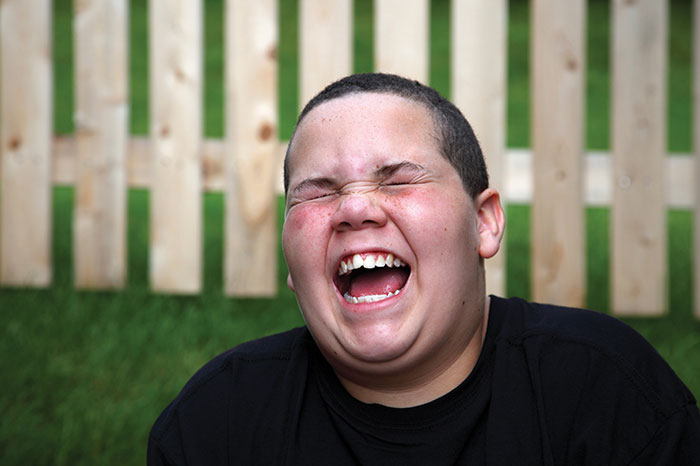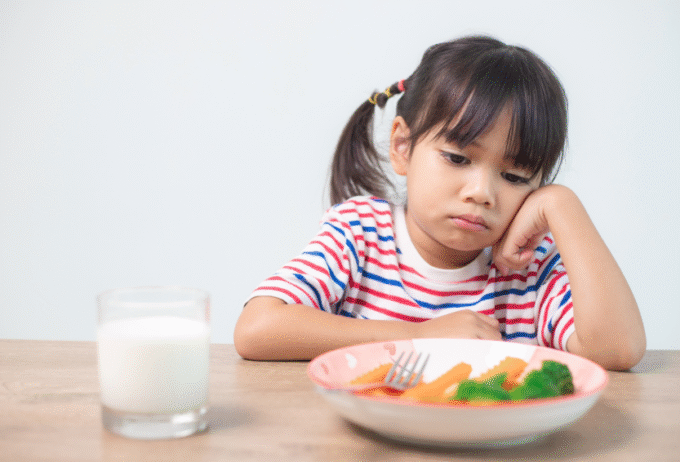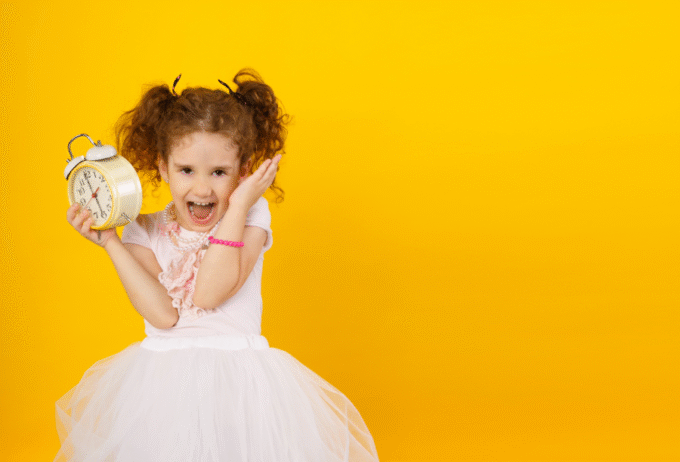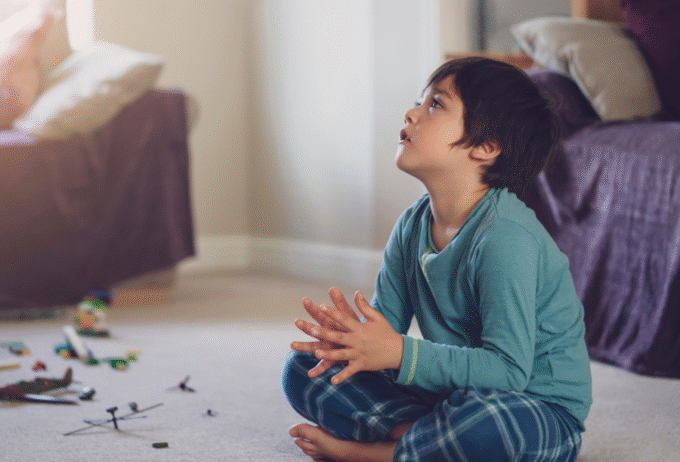Why Do Children Sometimes Laugh When They’re Scared or Stressed?

As foster carers, it can be confusing and frustrating when a child laughs during serious moments. Maybe it happens when you’re setting a boundary, talking about something important, or when they’ve made a mistake. It can feel rude, defiant, or like they’re not taking things seriously.
But here’s something important to know: That laughter might not be cheekiness. It might be survival.
The Body’s Emergency Response
When we feel unsafe, our body kicks into action. This is controlled by the autonomic nervous system (ANS) the part of the body that takes over in moments of stress, danger, or emotional overwhelm.
The ANS includes:
- The sympathetic system – our ‘fight or flight’ response
- The parasympathetic system – our ‘calm and recover’ response
But it’s not always that straightforward. Sometimes the body reacts in surprising ways to try to cope, and laughter can be one of them.
Laughter as a Release
When a child feels overwhelmed, their nervous system may:
- Release stress chemicals (like adrenaline and cortisol)
- Try to rebalance by releasing feel-good chemicals (like dopamine or endorphins)
- Trigger laughter as a way to discharge emotion or mask fear
In these moments, the child isn’t trying to be funny. Their brain is flooded. Their thinking brain (prefrontal cortex) is offline, and their body is just trying to cope.
What It Might Mean
For children who’ve experienced trauma, fear, or unpredictable adults, laughter can become a learned protection strategy. It might have once helped them avoid being hurt, shift adult moods, or hide their own distress.
So when a child laughs during a serious moment, ask yourself:
- Could this be stress?
- Could this be fear?
- Is their nervous system trying to calm itself?
What You Can Do
- Don’t take it personally – the laughter isn’t about you.
- Stay calm and regulated – your nervous system helps guide theirs.
- Be curious, not critical – “I wonder if that laugh popped out because this felt a bit scary?”
- Talk about it later – when they’re calm, gently reflect on what happened.
A Final Thought
Laughter in hard moments isn’t bad behaviour — it’s the nervous system doing its best to cope. With time, safety, and connection, children can learn that they don’t need to mask their feelings. You are helping them get there.




